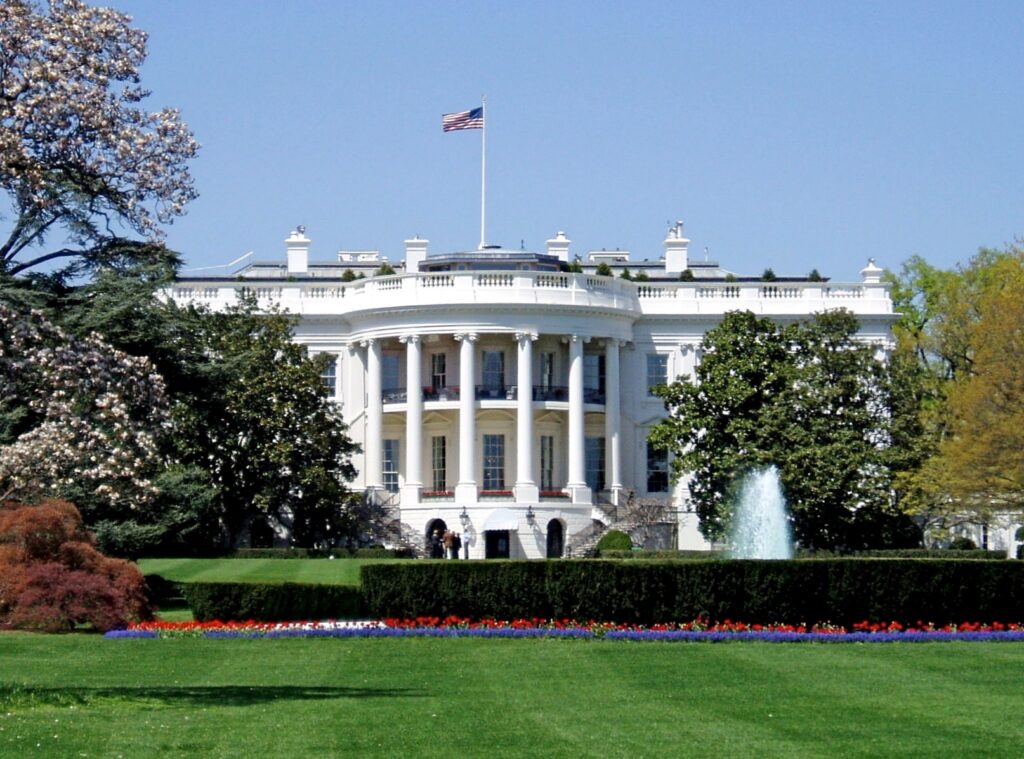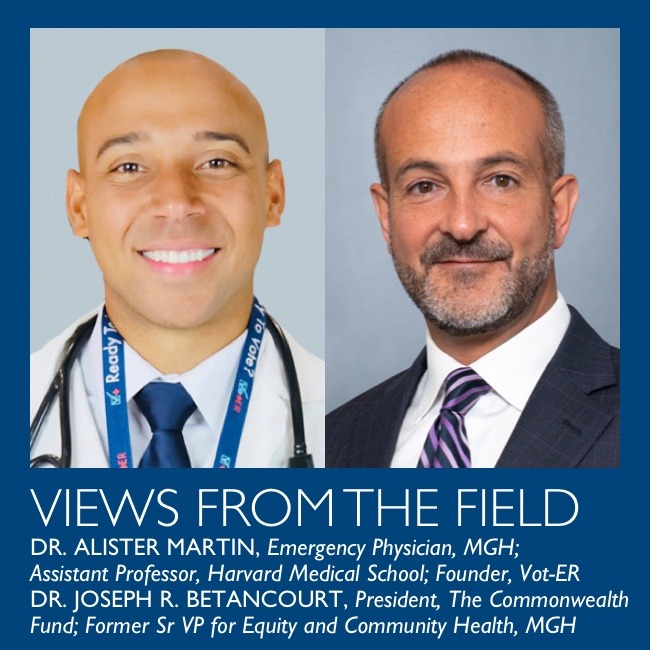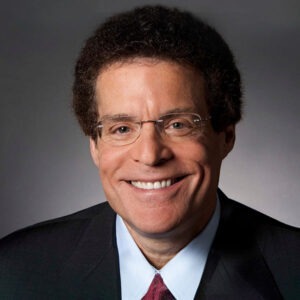The Final Reconciliation Package: Implementation of Key Provisions
On July 4, 2025, H.R. 1, the One Big Beautiful Bill Act, was signed into law. The implementation dates for key health care provisions in the law vary, with some taking effect immediately upon passage and others being implemented over several years. This resource details key dates for the implementation of the law’s most significant health care provisions.
Deadlines in Health-Related Executive Orders and Presidential Memoranda
This GIH policy resource details many of the health-related executive orders issued by the administration and includes a calendar of upcoming implementation deadlines.
Beyond the Exam Room: Impacting Health Outcomes Through Civic Engagement
August marks Civic Health Month, a time to showcase the link between voting and health and celebrate efforts that ensure every voter can support their community’s health at the ballot box. At the same time, the United States is grappling with a health care system ranked 37th globally despite consuming 17 percent of the country’s GDP. With 26 million Americans uninsured and 43 million underinsured, the gap in access to care continues to widen. This crisis will deepen as critical ACA subsidies expire at the end of 2025, potentially leaving 3.8 million more Americans without coverage, in addition to new federal cuts to Medicaid and changes to how coverage is accessed through the health insurance marketplace, which could result in as many as 20 million Americans losing their health insurance.
GIH Announces State Grant Writing Assistance Fund Awards
GIH is pleased to announce the 11 states that received awards under the GIH State Grant Writing Assistance Fund.
Promoting Family-Centered Care for Children with Special Health Care Needs
There are approximately 10.2 million children in the United States with special health care needs, which translates into one out of every five households (MCHB 2007).
Access to Care for the Categorically Ineligible
Although the Affordable Care Act (ACA) will expand health care coverage to 32 million Americans (CBO 2010), many states remain concerned about providing their residents access to clinical and preventive services.
Educating Californians about the Affordable Care Act
he California Endowment launched a consumer education effort aimed at explaining the contents of the Affordable Care Act for one simple reason: our organization’s mission is “to expand access to affordable, quality health care for underserved individuals and communities, and to promote fundamental improvements in the health status of all Californians.”
Request for Proposals: GIH State Grant Writing Assistance Fund
GIH, with support from the Robert Wood Johnson Foundation, announces the availability of the GIH State Grant Writing Assistance Fund. The fund will provide up to $15,000 in matching funds per state to grantmakers interested in offering grant writing support to state government agencies.
Drew Altman Named 2011 Terrance Keenan Award Winner
Grantmakers In Health is pleased to announce that Drew E. Altman, Ph.D., president and CEO of The Henry J. Kaiser Family Foundation, has been named the 2011 recipient of The Terrance Keenan Leadership Award in Health Philanthropy.




